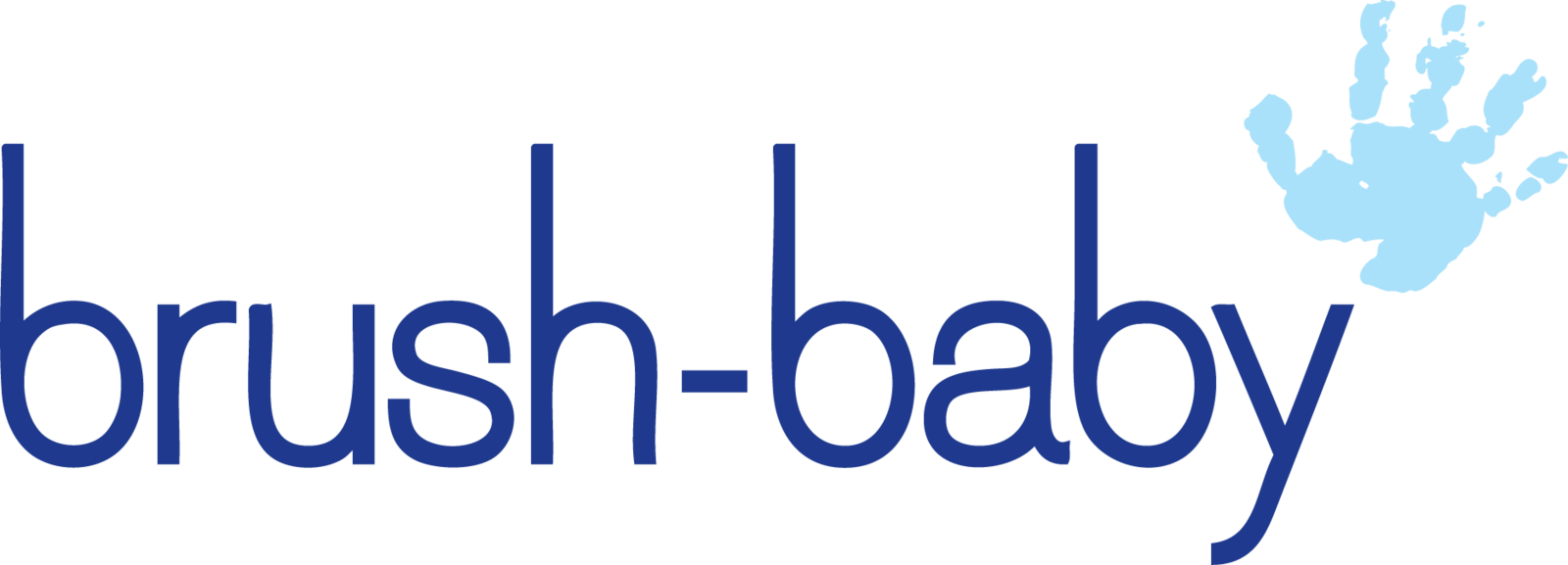Mums & Gums
Teething is the process by which an infant's first teeth ("baby teeth”/milk teeth") emerge through the gums, typically arriving in pairs e.g. bottom pair first.
Teething may start as early as 3 months and as late as 12 months, but generally, first teeth appear between 6 and 9 months.
Let's expose the myths and explain some truths about teething:
Teeth do not ‘cut’ through the gums
Biologically babies’ teeth do not ‘cut’ through the gum tissue. Instead, special chemicals are released causing cells in the gums to separate and recede, allowing the new teeth to come through. This process should not be painful although there may be some discomfort, which is why toddlers like to chew on the area. Teething is often accompanied by drooling due to increased saliva levels, this is good because it helps to flush the area and keep gums clean.So what causes the pain?
Pain during teething is generally due to inflammation and infection of the gum tissue. This is caused by bacteria and microscopic material getting into the gum tissue as the gum cells separate and recede to let the new tooth move upwards and then food deposits and bacteria getting caught in tiny gum flaps around the newly emerged tooth. Therefore, the best way to try to prevent teething pain is to KEEP GUMS CLEAN BEFORE AND DURING TEETHING and then to KEEP NEW BABY TEETH CLEAN.How to help prevent teething pain
- Clean gums every day to reduce bacteria and food deposit build-up. Use a clean gauze and cooled, boiled water or specially designed baby DentalWipes.
- Brush teeth from when the first tooth appears and keep teething gums clean. Brush-Baby's Chewable Toothbrush has silicone bristles which is designed to clean both teeth and gums as it is chewed.
What about traditional teething remedies?
Teething medicines are often applied to babies' gums to relieve swelling and pain. These work as a ‘numbing agent’ to dull the nerves in the gums so that pain is less noticeable. However, these only address the symptoms, so the pain is likely to return until the underlying problem is addressed i.e. the bacteria and material or food deposits irritating the gums.Teething doesn’t cause illness!
Teething does not cause illness. However, it can coincide with the time that toddlers are losing their protective maternal antibodies and building up their own and at this time they can be more susceptible to infection and minor illness. If you think your baby is unwell always consult your doctor.




